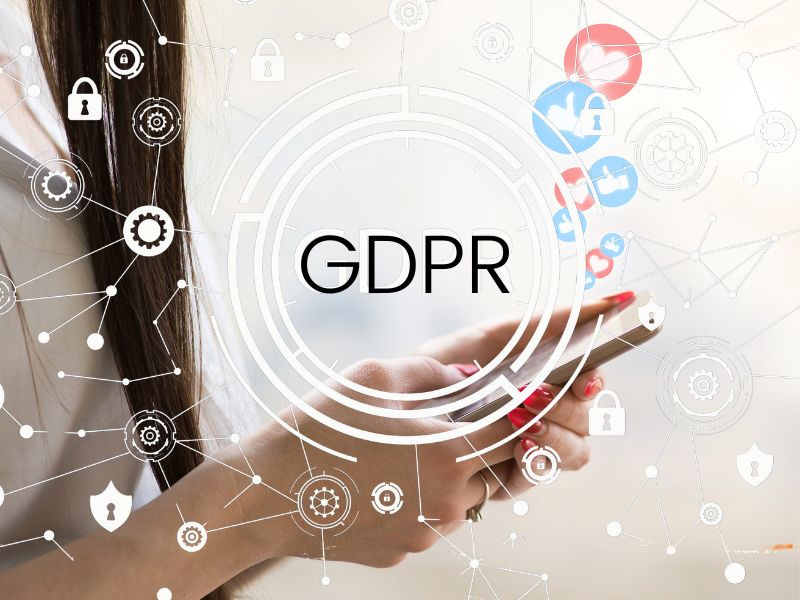The General Data Protection Regulation (GDPR) sent shockwaves through the digital landscape, forcing social media platforms to reevaluate their data handling practices. In this article, we’ll explore the significant changes that social media had to make due to GDPR. From enhanced user consent mechanisms to robust data protection measures, social platforms have undergone a transformative journey to comply with these stringent regulations.
Ensuring User Consent
GDPR Challenge: Obtaining clear and informed consent from users became a top priority. Social media platforms had to rethink their consent mechanisms to ensure that users fully understood how their data would be used.
Creative Solution: Platforms revamped their privacy settings, making them more user-friendly and transparent. They introduced simple, easy-to-understand consent pop-ups that explained data usage in plain language. Users were given granular control over what data they wanted to share.
Strengthening Data Security
GDPR Challenge: GDPR mandated stricter data protection measures. Social media companies had to enhance their security protocols to safeguard user information from breaches.
Creative Solution: These platforms invested heavily in cybersecurity, implementing state-of-the-art encryption, multi-factor authentication, and regular security audits. They also improved incident response plans to mitigate data breaches swiftly.
Data Portability and Deletion
GDPR Challenge: Users gained the right to request their data for portability and deletion. Social media had to establish processes to facilitate these requests efficiently.
Creative Solution: Platforms introduced user-friendly tools that allowed users to download their data easily. They also streamlined the process for data deletion, ensuring that users could exercise their rights without unnecessary delays.
Enhanced Privacy by Design
GDPR Challenge: Social media companies had to adopt a “Privacy by Design” approach, embedding data protection into their systems and practices from the ground up.
Creative Solution: Privacy became a core element of product development. Social media platforms incorporated data protection principles into every feature and functionality. This proactive approach ensured that GDPR compliance was integral to their operations.
Transparency in Data Processing
GDPR Challenge: GDPR required social media to be transparent about their data processing activities, including sharing data with third parties.
Creative Solution: Platforms began publishing detailed privacy policies and terms of service. They also offered users insights into how their data was being used, allowing them to make informed decisions about data sharing.
The GDPR forced social media platforms to undergo a significant transformation in how they handle user data. By prioritizing user consent, strengthening data security, facilitating data portability and deletion, adopting a Privacy by Design approach, and enhancing transparency, social media has successfully navigated the GDPR maze. These changes have not only ensured compliance but have also bolstered user trust in the digital ecosystem.
As we continue to witness the evolution of data protection regulations, social media’s adaptability and commitment to user privacy remain at the forefront of their mission.
GDPR has reshaped the digital landscape, and social media has emerged stronger and more responsible in the wake of these transformative regulations.
